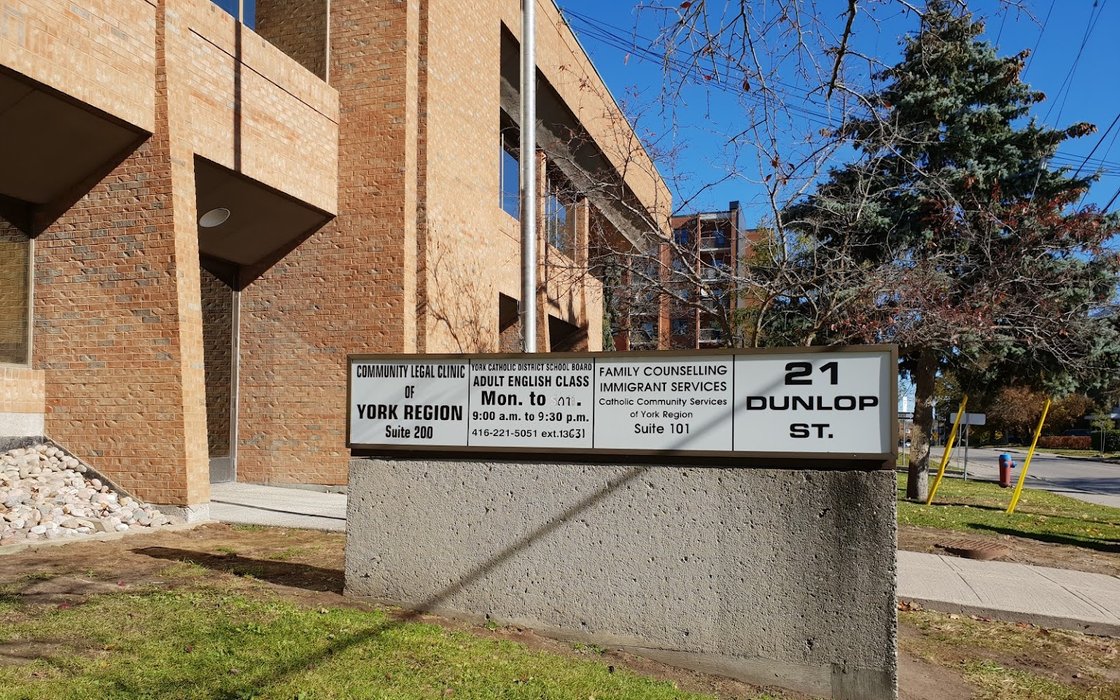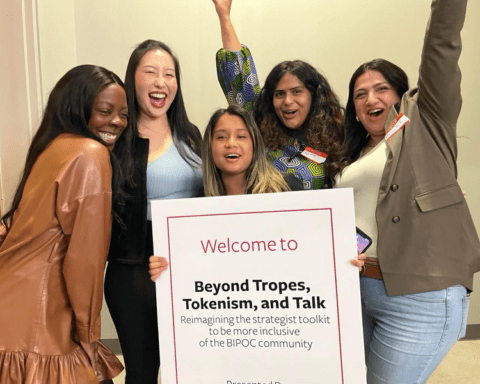It took more than a year for Meera to find out for sure that her two-year-old son had autism, even though she had identified the first signs of developmental delay right after the family arrived in Canada in 2020.
A newcomer from India, Meera’s real name has been changed upon request as she fears speaking out about her experience will lead to backlash from doctors and service providers in Ontario.
“It was a Herculean task to convince the doctors to refer him for assessment,” Meera said. “We did not know that there was a year-long waitlist just to get a diagnosis…My husband and I often joke [that] Google diagnosed our son because all we could do while our son was regressing was desperately research online.”
Meera’s struggle was far from over even after the diagnosis, when she learned that the provincial health insurance plan in Ontario does not cover treatment for Autism Spectrum Disorder (ASD).
Meera’s experience reflects that of thousands of other immigrants with children with ASD across Canada who spend a significant amount of time trying to make sense of the available support system before accessing it. For newcomers already struggling for basics like finding housing and a job, navigating resources for an ASD diagnosis and treatment is a double-whammy.
A leading settlement organization in the York region of the Greater Toronto Area has launched an autism project to fill gaps in knowledge and intervention and help at least 200 families in the first phase.
If successful, Catholic Community Services of York Region (CCSYR) hopes to expand the project and share its model with other regional settlement agencies to replicate and build a more robust support system for newcomers.
Leading the way
Hengameh Sorouri, a behavioural counsellor with a Masters degree in critical disability studies, leads CCSYR’s Newcomers Autism Project launched in April 2023. Sorouri understands the importance of early intervention for a child with ASD.
The popularity of an autism support group she created for the Iranian, Afghan and Tajik communities speaking Farsi/ Dari when working as a school-based behavioural therapist motivated her to scale up the work. At CCSYR, peer support groups are run in English, Mandarin/Cantonese, Spanish, Ukrainian, and Farsi/Dari.
“My role is to support them right from the beginning,” Sorouri said. “Starting with helping them settle in the system, I connect them to the financial and educational resources, offer parental workshops, pair parents based on the needs and age of the kids, and run siblings group and social group for the kids with ASD.”
The CCSYR board has funded the pilot phase of this program for a year. Based on a needs assessment, newcomers can be referred to this project by community navigators (people who help to identify people’s need and connect them to local resources/programs) assigned at schools, welcome centres, libraries, and elsewhere.
Never ending wait
According to CBC News, several families are choosing to leave Ontario in search of better autism services for their children, and others left in the province are either watching their children regress without help or exhausting their savings to fill in the gap left by the Ontario Autism Program.
Last year, a campaign by the Ontario Autism Coalition called ‘50 K is not Okay’ highlighted the staggering numbers of families waiting for the core services, which the coalition said has doubled in the past five years.
In 2019 the Progressive Conservative Government began revamping the Ontario Autism program, but the program still saw repeated delays.
The Ontario government failed to meet their target of funding clinical services for 8,000 registered children with autism last year, and has stopped providing updates since then.
Already successful
When newcomers arrive at a settlement agency, Sorouri said, they have a laundry list to take care of — applying for health insurance and social security, opening a bank account, finding a house and taking language classes to look for employment, are just a few items on the list.
“With our project, they will also be able to utilize the critical time for support with their autism journey,” Sorouri said. “That will save them a significant amount of wait time by equipping them with information and tools right at the beginning.”
The program does not require families to register for the Ontario Autism Program to access services, unlike other community organizations that offer information sessions and workshops only to families that are on the OAP list.
The success of CCSYR’s program will be measured by feedback from participating families.
“We’ve already had so much success, even in this very short time,” said the agency’s executive director, Leonilda Bastone Patey. “We can see that the community is thirsting for support.”
Amrita is an NCM-CAJ Collective Member, journalist and content writer, with nearly a decade of experience in content development and journalism in three countries. She started her career as a journalist with a leading daily, The Statesman, in India. She has also led content and editorial teams for several web content management firms. Amrita served as a Communications and Content specialist for some non-profit organizations like the American Red Cross after her move to the U.S. Based out of Toronto, she continues to follow her passion by reporting on human rights violations, education, crimes, inequality and community engagement. Amrita holds a Post Graduate Diploma in Print Journalism from Chennai, India.





